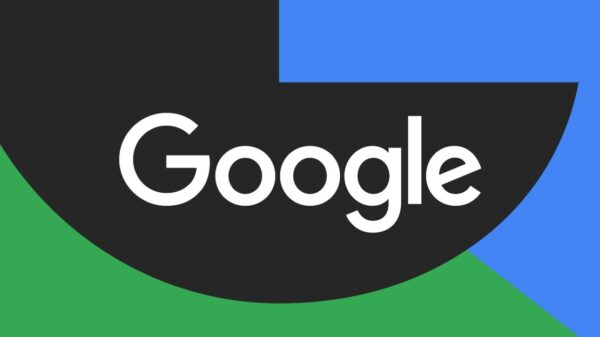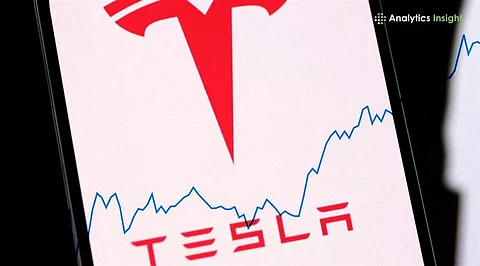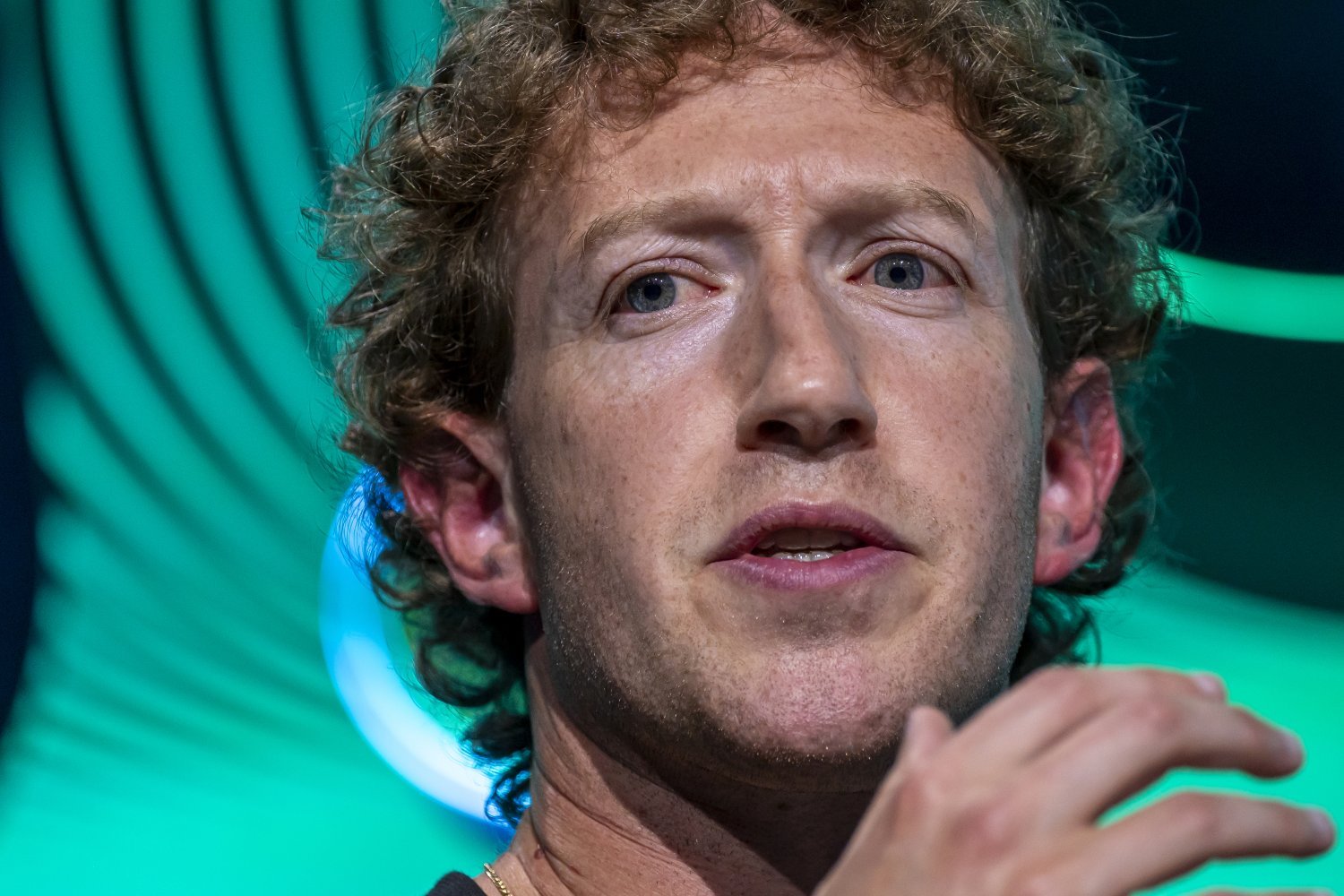Mark Zuckerberg doesn’t just want Meta to lead in the field of artificial intelligence; he aims to build the AI that leads you. In a memo to employees viewed by Gizmodo on June 30, the Meta CEO announced the creation of Meta Superintelligence Labs. This represents a major reorganization of the company’s AI efforts under a single, ambitious goal: delivering personal superintelligence to everyone.
Forget chatbots. Zuckerberg’s vision is much grander. He is betting that within a few years, AI will not just be answering your questions or writing your emails. It will be managing your schedule, anticipating your needs, running your home, helping you make decisions, and maybe even guiding your career. Call it Life-as-a-Service, powered by Meta.
“As the pace of AI progress accelerates, developing superintelligence is coming into sight,” Zuckerberg wrote. “This will be the beginning of a new era for humanity, and I am fully committed to doing what it takes for Meta to lead the way.”
Meta’s Strategic Move in the AI Race
The move is seen as a direct challenge to competitors. “The launch of Meta Superintelligence Labs isn’t just an announcement; it’s a statement: Meta won’t settle for second place in AI,” commented Alon Yamin, cofounder and CEO of the plagiarism detection platform Copyleaks. He added, “Meta and Mark clearly see this as a make or break moment for AI leadership.” Bloomberg reported on the memo earlier Monday, and a Meta spokesperson has since confirmed its contents to Gizmodo.
To make this happen, Zuckerberg is assembling a kind of AI Avengers team. The new hires represent a major talent coup: These are power hires, people with reputations for building fast and thinking years ahead of the market. Zuckerberg says more big names are on the way.
Building on a Strong Foundation
Meta already has a strong foundation with Llama, its open-source family of large language models. The latest versions are now powering Meta AI, which the company claims reaches over 1 billion monthly users across Facebook, Instagram, and WhatsApp. But that was just phase one. Zuckerberg now wants to build a new generation of models capable of what insiders call frontier performance. In simple terms, this means AI that can reason, plan, adapt, and act with little to no human instruction.
If successful, this would not just make Meta competitive with OpenAI or Google DeepMind; it would make Meta the home of the world’s first truly general-purpose personal intelligence. This is the kind of AI that doesn’t just answer your questions. It runs your life.
Meta’s Unique Position in the AI Landscape
Meta isn’t starting from scratch. Through Facebook, Instagram, and WhatsApp, the company already knows more about you than most of your friends do. It has spent the last 15 years quietly building a behavioral map of billions of people, tracking who you talk to, what you look at, what you say, and what you buy. That treasure trove of intimate data is now fuel for the next phase: an AI that not only serves you but knows you deeply enough to run your life better than you can.
In tech speak, Zuckerberg’s vision is for “agentic AI,” or AI that can take actions on your behalf. Imagine an always-on, infinitely capable, personalized intelligence that lives on your phone, in your glasses, and across all your devices. Meta is uniquely positioned to deliver this mass-market personal AI brain. Unlike smaller labs, it has a global user base of billions, access to more behavioral data than almost any company on Earth, and massive computing infrastructure.
Challenges and Ethical Considerations
But this also raises urgent questions. Who controls this intelligence? What will it prioritize? What happens when a machine knows your desires better than you do, and that machine works for a corporation? Zuckerberg believes Meta can be trusted to build and deliver superintelligence to the masses. But the next chapter in AI will not be about clever apps or productivity hacks. It will be a battle over who gets to program the brain that programs you.
The announcement comes as the tech industry grapples with the ethical implications of AI. As companies race to develop more advanced systems, concerns about privacy, data security, and the potential for misuse loom large. Experts warn that without proper oversight, the development of superintelligent AI could lead to unintended consequences, including bias, loss of jobs, and even social unrest.
The Road Ahead for Meta
As Meta embarks on this ambitious journey, the world will be watching closely. The company’s success or failure could redefine the landscape of AI and set the stage for the next era of technological innovation. For Zuckerberg, the stakes couldn’t be higher. Leading the charge in AI could cement Meta’s position as a tech giant for years to come, but it also comes with the responsibility of navigating the complex ethical terrain that accompanies such powerful technology.
Meanwhile, competitors like OpenAI and Google DeepMind are not standing still. They continue to push the boundaries of AI, exploring new applications and refining their models. The race for AI supremacy is far from over, and the coming years will be pivotal in determining who will lead the way in shaping the future of artificial intelligence.
As Meta moves forward with its plans, the world will be watching to see how this bold vision unfolds and what it means for the future of AI and society as a whole.






































































